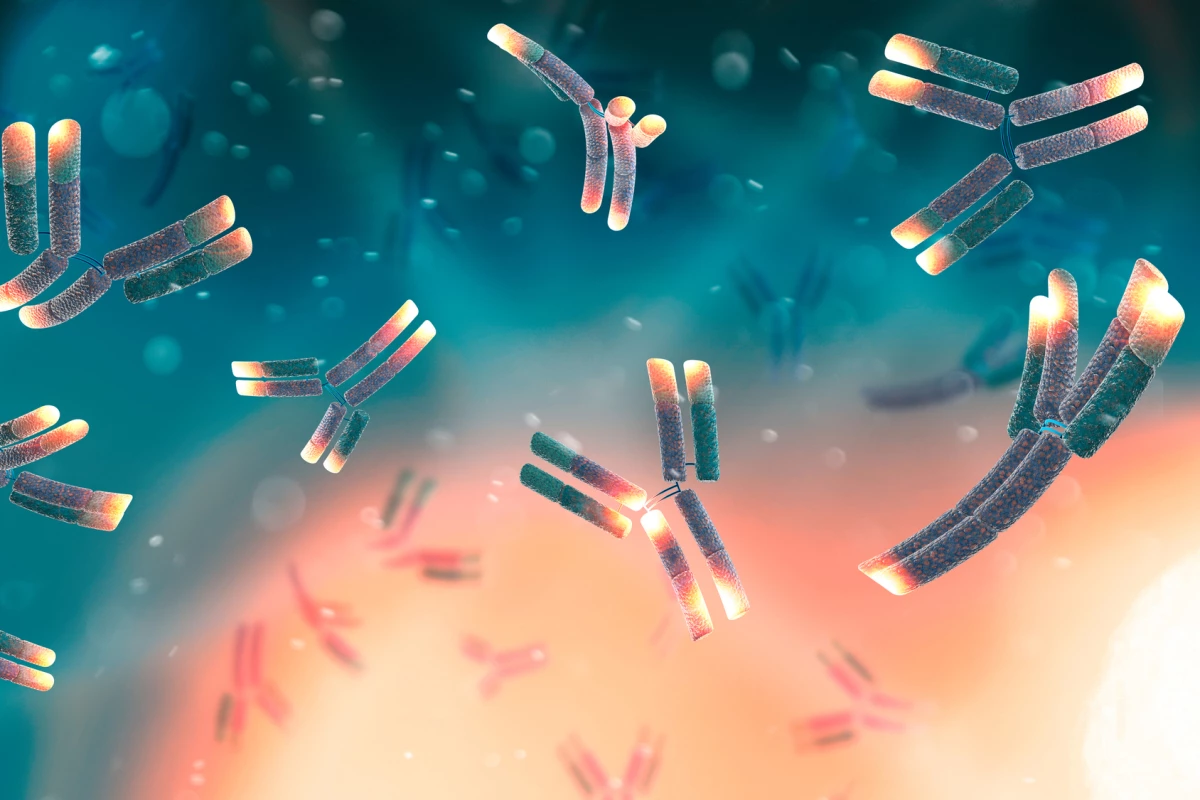Metastatic cancer accounts for up to 90% of all cancer deaths in the US annually. But with researchers developing a first-of-its-kind drug that inhibits the process by which cancer cells spread around the body, it’s hoped that this number will soon go down.
Epithelial-to-mesenchymal transition (EMT) is the process by which cancer cells migrate from the primary tumor site to form metastases in other areas of the body and develop resistance to cancer treatments like chemo and radiotherapy.
In an effort to stop cancer’s spread, researchers from the Université libre de Bruxelles in Belgium developed a therapeutic antibody that specifically targets EMT, the first drug to do so. And, so far, the results of clinical trials look promising.
“We are extremely happy and excited to have identified the first drug that can target EMT in vivo and therefore reduce the formation of metastases and resistance to chemotherapy,” said study co-author Justine Lengrand.
Previous studies have found that if the interaction between netrin-1, a protein that’s overexpressed in a number of cancers, and its receptor, UNC5B, was blocked, it triggered cancer cell death and inhibited EMT. So, the researchers developed an anti-netrin-1 antibody, which they called NP137.
To evaluate NP137’s mechanism of action, they first tested it on mouse models of endometrial cancer, a type of cancer in which netrin-1 is significantly overproduced. After treating the mice for three to four weeks, they found that NP137 was associated with decreased development of endometrial tumors and increased survival, with a reduction in cancer cells. The researchers also noted a decrease in EMT-related genes.
They then moved on to clinical trials in humans to examine the drug's efficacy. Fourteen patients with advanced endometrial cancer were administered NP137 as the only therapy once every two weeks. At six weeks, the researchers observed a 51.2% reduction in target lesions and up to a 54.7% reduction in lesions during the following six months. For eight trial participants (57.1%), their cancer remained stable. One participant exhibited a ‘partial response’ according to the Response Evaluation Criteria in Solid Tumors (RECIST) criteria, meaning at least a 30% reduction in the diameter of target lesions.
Importantly, biopsies taken from participants’ tumors before and after administration of NP137 showed a decrease in EMT. Further, the drug was well tolerated and showed no toxicity.
“This is a major world premiere; we have discovered a new drug that can reduce EMT, decrease metastasis and stimulate the response to chemotherapy in preclinical models,” said Cédric Blanpain, another of the study’s authors. “In a second study, the researchers and clinicians provided the proof of principle for the medical application of our fundamental discovery and showed that the administration of the anti-netrin-1 antibody inhibits EMT in cancer patients.”
The researchers plan to examine how the reduction in EMT might lead to greater sensitivity to other cancer treatments.
“We have now to assess whether the administration of the anti-netrin-1 antibody and the reduction of the EMT will provide to the cancer patients a better clinical response to chemotherapy and immunotherapy,” said Blanpain.
The NP137 trial is ongoing, with patients continuing to receive treatment with the drug. The researchers will release a full report of the results after the final data analysis, but they already have their eye on using the drug to treat other cancers.
“In the long term, it will be necessary to determine the effectiveness of this new therapy on the survival of patients with endometrial cancers and assess the efficacy of this new drug combination for the treatment of other types of cancers presenting EMT such as lung or breast cancers,” Blanpain said.
The study was published in the journal Nature.
Source: Université libre de Bruxelles via EurekAlert!





